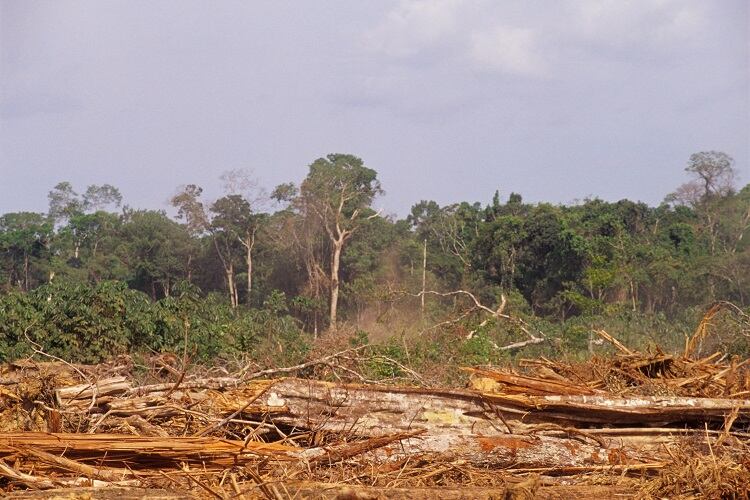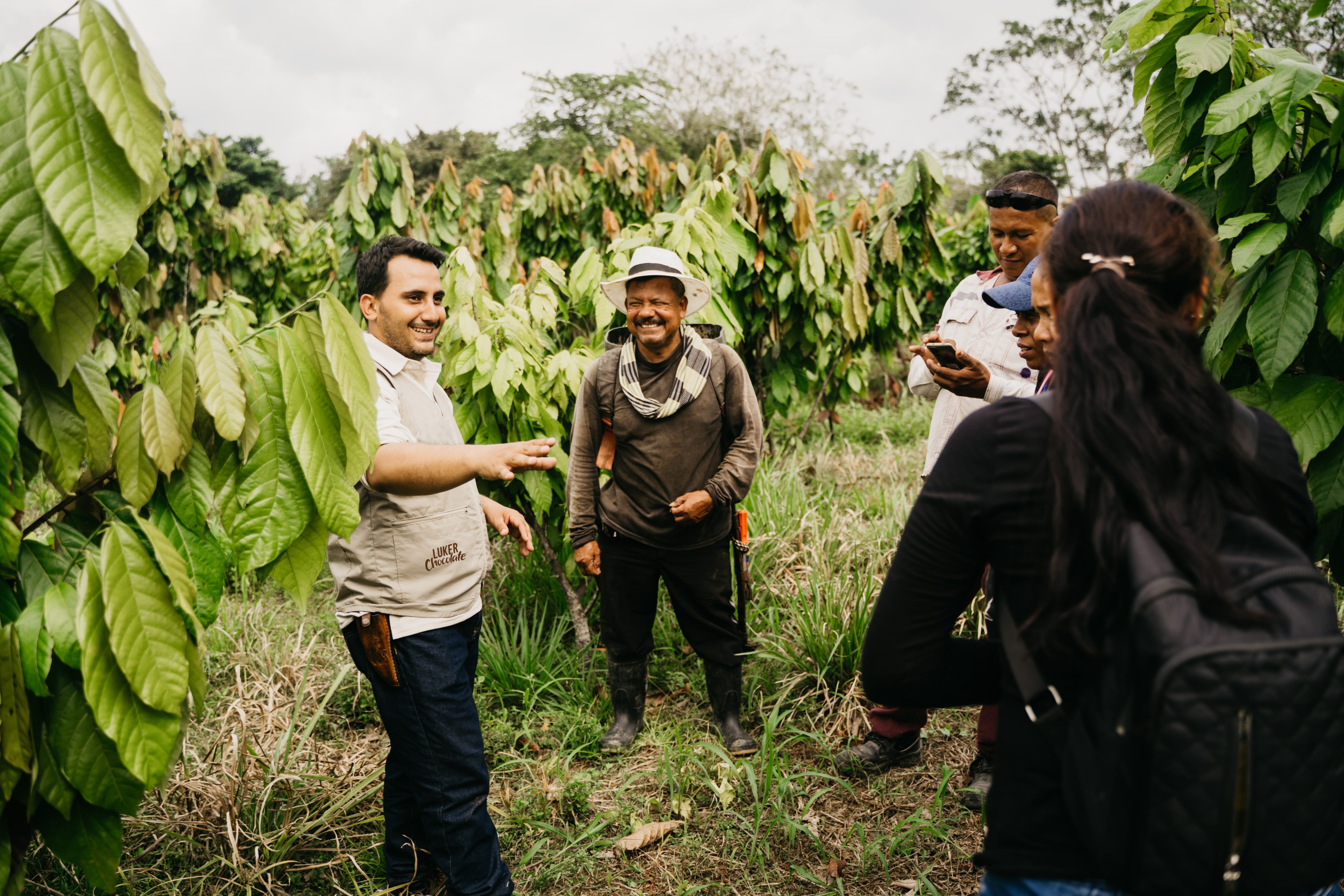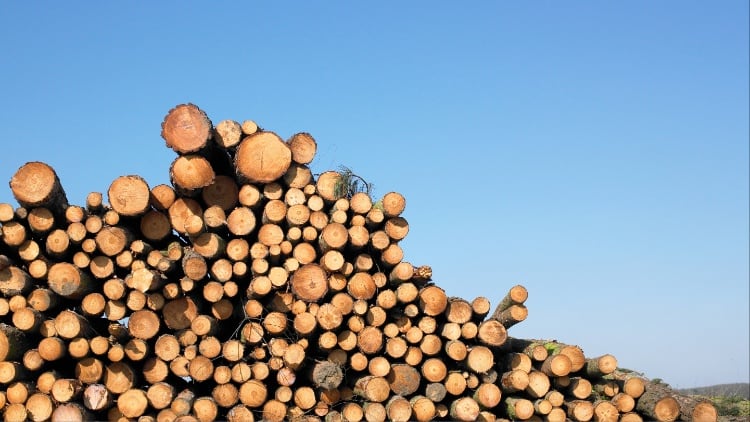Micro and small operators, meanwhile, would be given an extra six-month cushion, with a 30 June deadline.
The anti-deforestation regulations entered into force in June 2023, with the main provisions initially due to apply from 30 December 2024.
Concerns raised by member states, third countries, traders and operators about readiness delayed the rules by one year.
Since then, conversations around the simplification of the rules have been ongoing, with the European Commission proposing this most recent postponement in September due to ‘IT concerns’.
The decision to delay was announced by the Commission the following month.
The EU Council has now backed this decision and also outlined several changes, which it maintains will reduce the administrative burden placed on operators.
Under the Council’s position, the obligation and responsibility for submitting the required due diligence statement will fall exclusively on the operators who first place the product on the market.
Downstream operators and traders will no longer have to submit separate due diligence statements, but only the first downstream operators must keep and pass on the reference number of the initial statement.
Moreover, micro and small primary operators will only need to submit a one-off simplified declaration.
Sarah Blanchard, head of ESG at the Prof Consulting Group said this simplification “sounds sensible”. However, she notes that ensuring the declaration identifier travels with the product and remains up to date is something that needs clarifying.
The Council also tasked the European Commission with carrying out a ‘simplification review’ assessing the EUDR’s impact and administrative burden on operators, particularly small and micro operators, by 30 April 2026.
“This shows a complete disregard for the realities in businesses, particular food companies who are stretched and under resourced at the best of times,” Blanchard contended.
“The regulation which will only have been enforced for four months and then it will be reviewed – that seems like an unnecessary administrative burden.”
She continued: “The Council is also advocating for a similar traceability and reporting system to the one used by primary producers of cattle (Regulation (EU) 2016/429) and where buyers can access the national databases, lessening the burden on producers to deliver records. This is an interesting perspective and may be one that deserves a closer look.”
The delay has not yet been confirmed, with negotiations with the European Parliament set to take place next week. As it stands, the EUDR deadline remains 30 December 2025 until further notice.
‘Companies don’t understand yet’
Blanchard told Food Manufacture that some businesses are “annoyed” by the prospect of another delay and the simplifications.
Nevertheless, the sustainability expert noted that some will be pressing ahead anyway, with one European food leader she spoke to very recently saying their company would continue implementing the requirements and be ready for 30 December 2025.
“Companies who are ready should use the data gathered through EUDR as a competitive advantage and win over their customers (consumers and B2B) who care about transparency and deforestation,” she suggested.
She added: “I don’t see many companies truly understanding the impact of deforestation on their ability to secure goods in future. I’m convinced that once they see the benefit of full transparency and traceability on their sourcing capabilities, we’ll see a change in attitudes.
“Increased customer loyalty and the ability to talk confidently about their supply chains to investors will put in them in a better position to sustain their business long term. This is what EUDR should aim to support.”
Mercosur and EUDR
In 2024, four Mercosur countries – Argentina, Brazil, Paraguay and Uruguay – reached a trade deal with the EU. However, concerns have been raised over whether the agreement will undermine certain aspects of the EUDR, with spectators saying it will encourage the exportation of many commodities which fuel deforestation.
One study suggested that deforestation in Mercosur could increase by at least 25% per year over the next six years as a result of the deal.
“The EU Council has promised to protect EU farmers and ensure that the same traceability and safety requirements are applied to Mercosur imports. But one of the agreement’s goals is to reduce non-tariff barriers so supporters of EUDR need to hold tight,” Blanchard said.
“While the quotas are small now, they may increase in future and for this reason it’s even more important for companies to have robust digital tracing systems that can support due diligence and communication to customers.
“How the additional load will impact the EUDR system isn’t clear yet, but buyers will need confidence in the EUDR system to enable them to do the requisite due diligence on their suppliers in risk countries.
“It’s a hugely sensitive topic especially in France, and retailers and foodservice operators are constantly pressured by consumer and farmer groups to for transparency – EUDR could help them prove the origin of their products which will either reassure or disappoint customers.”
So...what should I do now?
For businesses wondering what their next move should be, Blanchard outlined four recommendations:
- Private label and brand owners should continue implementation and use supplier and product linked traceability and transparency platforms to ensure compliance as part of their regular due diligence.
- Take inspiration and use where relevant, organisations like Tony’s Open Chain for cocoa, commit at least to Fairtrade labelled products, and work with ITC who helps SMEs in poor countries to transition to deforestation free supply chains.
- Be prepared to add batch-based traceability as this will undoubtedly be needed in future across many more commodities – not just for EUDR but other elements such as carbon footprint and food safety. See EUDR compliance as a test of your traceability systems and review it as part of a broader strategy towards full transparency.
- Get serious about transitioning to 2D QR codes which will be an enabler for batch-based traceability.
“The demand for transparency won’t go away and while EUDR might be simplified and delayed for some (hopefully not watered down), those who truly understand the implications of deforestation on their ability to source and supply goods will continue full steam with implementing the requirements,” she concluded.




